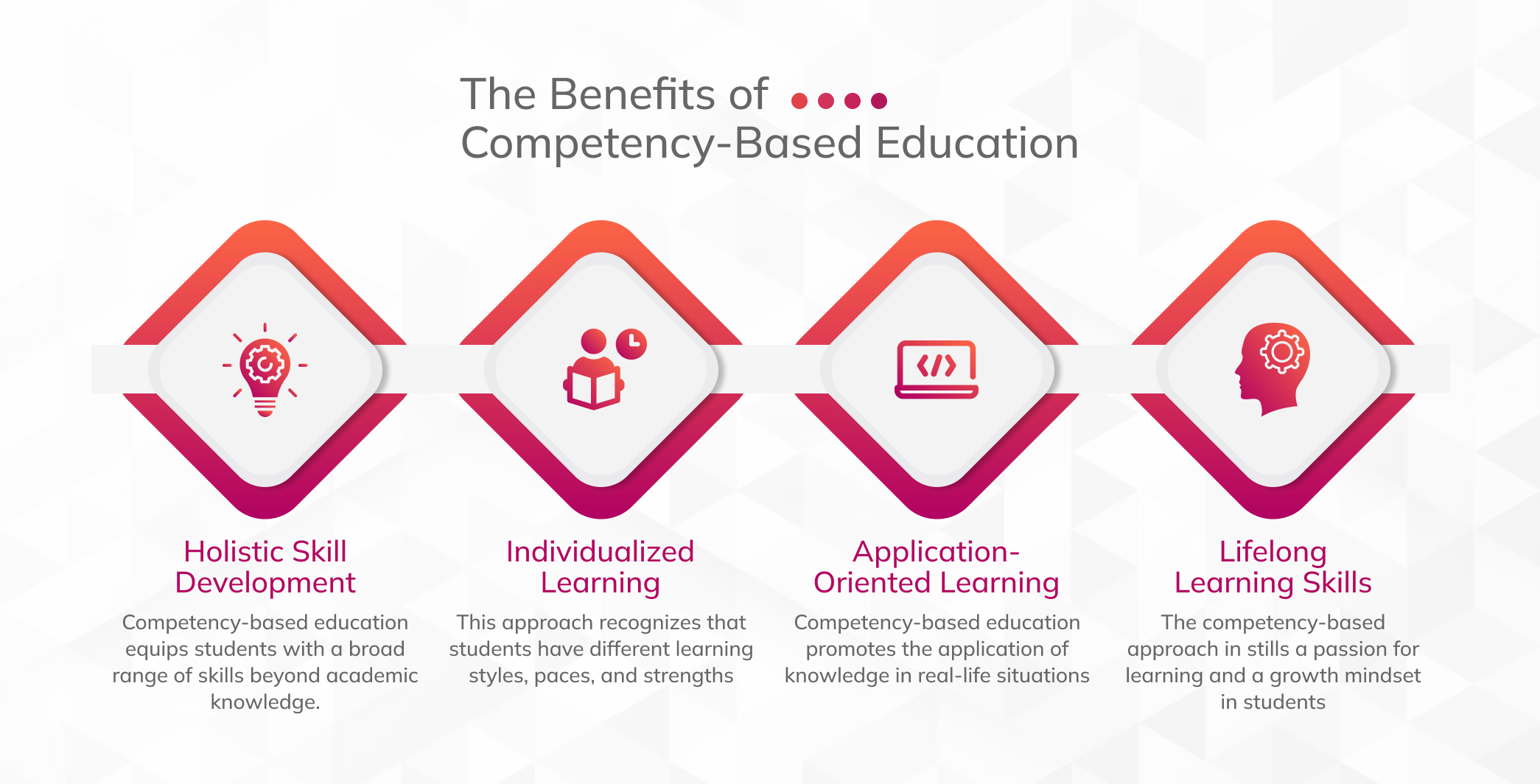Education systems are the foundation on which societies are built; they equip people with the skills, knowledge and values to thrive. It runs the range from nation to country reflecting social, monetary and political contrasts. Still, they all have one thing in common: to help people and create a country.
Central Gizmos of Comprehensive Training Methods
Curriculum – the content and topics that students are required to learn across different stages of education.
Pedagogy : It is the method and practice of teaching, especially as an academic subject or theoretical concept.
Assessment – The process of measuring student learning through exams, projects, etc.
Teacher Education: This is about preparing a teacher who is capable of giving sound instruction.
School Within School (Organization): This is the physical aspect of a school dedicated to supporting learning, such as classrooms, libraries and/or laboratories.
Types of Education Systems
Formal Education: This is a certain structure learning that takes place in schools or universities and results in degrees.
Informal Education — Learning that takes places outside of formal institutions e.g., family, community, work.
Non-formal education: Non-formal includes organized learning that takes place outside the traditional school system, such as vocational training or adult education.
Issues Confronting School Systems
Equity and Access: Providing all students, no matter their socioeconomic background or geographic location an opportunity to be part of the educational experience and learn via high-quality education.
Teacher quality: Bringing in and keeping the best teachers, as well as continuing to develop theirs.
Curriculum Relevance: Updating and renewing the curriculum to meet 21st century needs.
Use of technology: Integrating technology in the classroom for effective learning.
Global Citizenship Develop global consciousness and intercultural competence
Education Systems of The Future
Here are a few trends that may influence the direction of education systems in future:
Customized Learning: Adapting instruction to meet the unique requirements of every individual learner.



